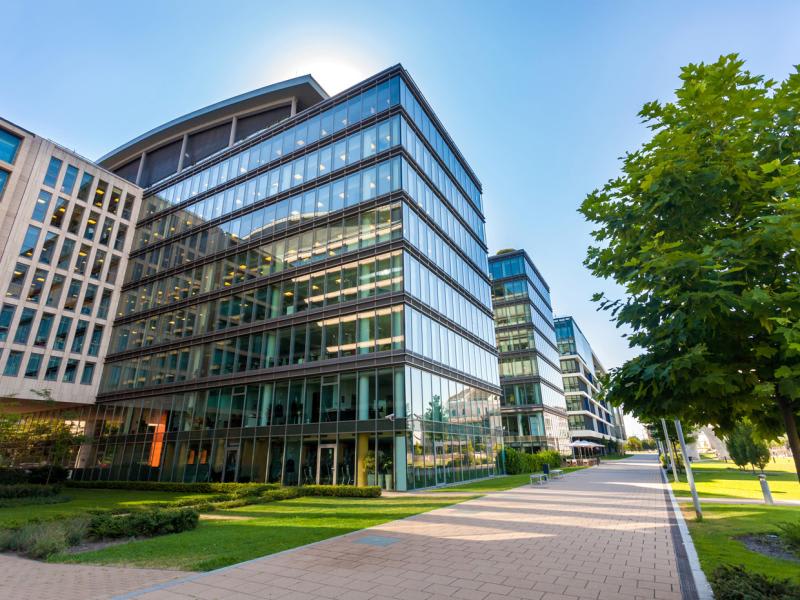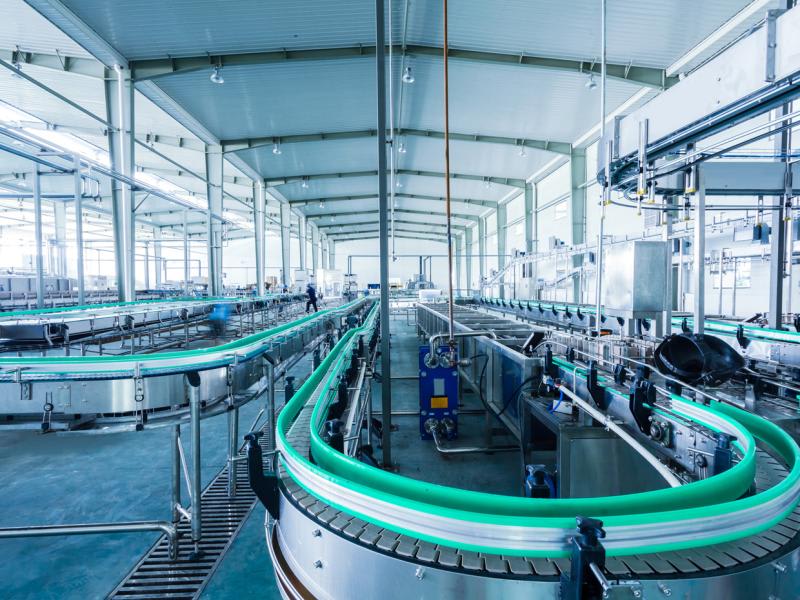The recent debate around the broadening of the GST base to include either fresh food versus private health and private education feels a little like introducing bandaids when major and painful surgery is required.
Based on our international research from our recent publication The Evolution of Tax, we know one thing for certain. In developed countries, as a consumption tax regime matures the proportion of consumption tax revenue as a percentage of total tax revenue increases significantly. This indicates that either the consumption tax base or the tax rate has gotten bigger or the revenue from all other taxes has suffered a significant decrease.
This experience is being replicated in Australia and with the economy flagging and tax revenues falling, it is time that an informed and holistic policy debate take place around our GST: is it to be an increase in rate or the base? What balance between equity and efficiency can and should we live with? What is the most effective way to properly compensate for the regressive effects of either increase?
In this context, the current debate appears too narrowly focussed to produce sustainable long term increases in GST revenues. Anything less than a wholesale yet enlightened change across the board, such as tweaks around the edges to what is GST-free, will just go to introduce further inefficiencies and complexities into a regime that already splits too many hairs and ultimately puts off the inevitable tough decisions.




